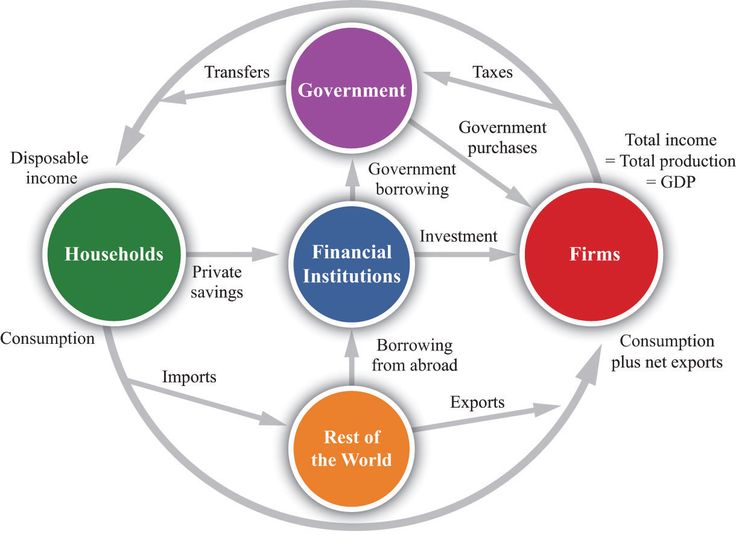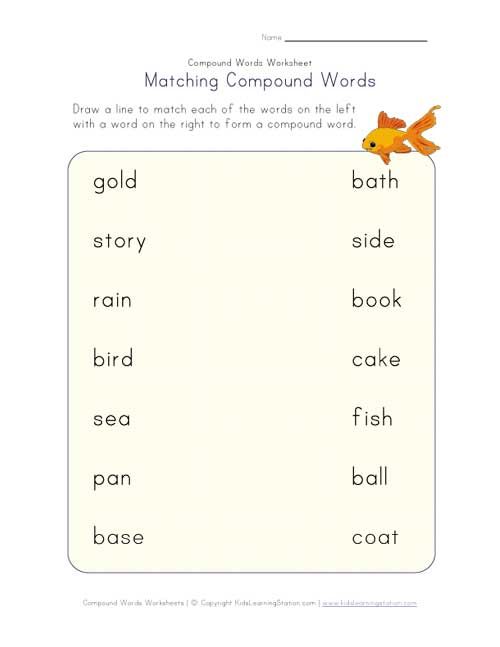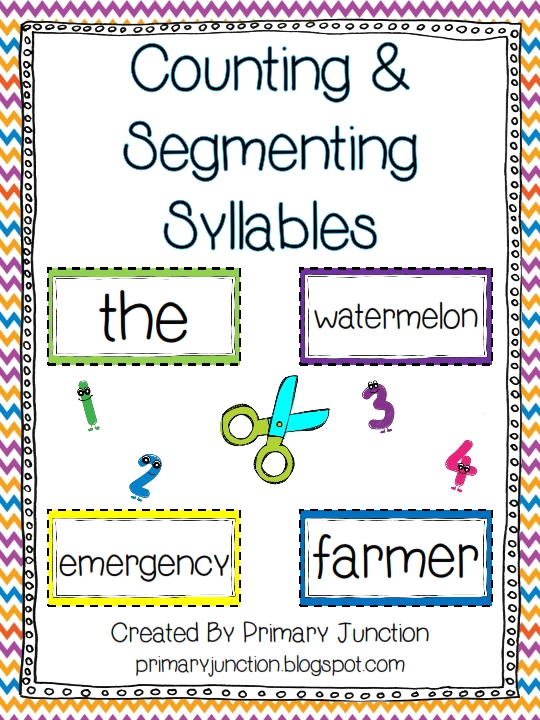Articles on social skills
What Are Social Skills? & Why Are Social Skills Important?
How to define social skills, not to be confused with social competence, can be complicated. As just one component necessary for social competence, social skills are the foundation of connecting with others! Let's dive deeper into why they are essential and how to develop them in toddlers and preschoolers.
What Are Social Skills?
Basically, social skills are the tools we use to communicate, interact, and build healthy relationships. Furthermore, social skills are interdependent with emotional skills, and together, they create social-emotional skills. Also, social-emotional learning skills both influence and build on one another. For example, your emotions affect how well you relate to others.
Social and emotional development requires an extensive set of skills for success. To begin with, a child learns to identify, express, and self-regulate their emotions. This includes utilizing emotional vocabulary to voice their feelings. Additionally, using nonverbal cues like gestures, facial expressions, and body language.
Similarly, social-emotional development includes the awareness and appreciation of others' emotions. This is where children learn to feel empathy. For example, understanding that a friend is sad and comforting them.
Furthermore, it is about exploring, experiencing, and interacting with their environment. This includes your child's ability to adjust their reactions and behavior to a specific social situation. For instance, learning to be quiet in a library or church.
Most important social-emotional development is all about relationships. Building and maintaining positive connections with family and friends is critical. As kids interact more with other children and adults, they increase and improve their social skills.
To simplify matters, we will refer to social skills and social-emotional skills interchangeably throughout the remainder of the article.
Examples Of Social Skills
Social-emotional development includes a set of skills that are key to having and maintaining healthy relationships.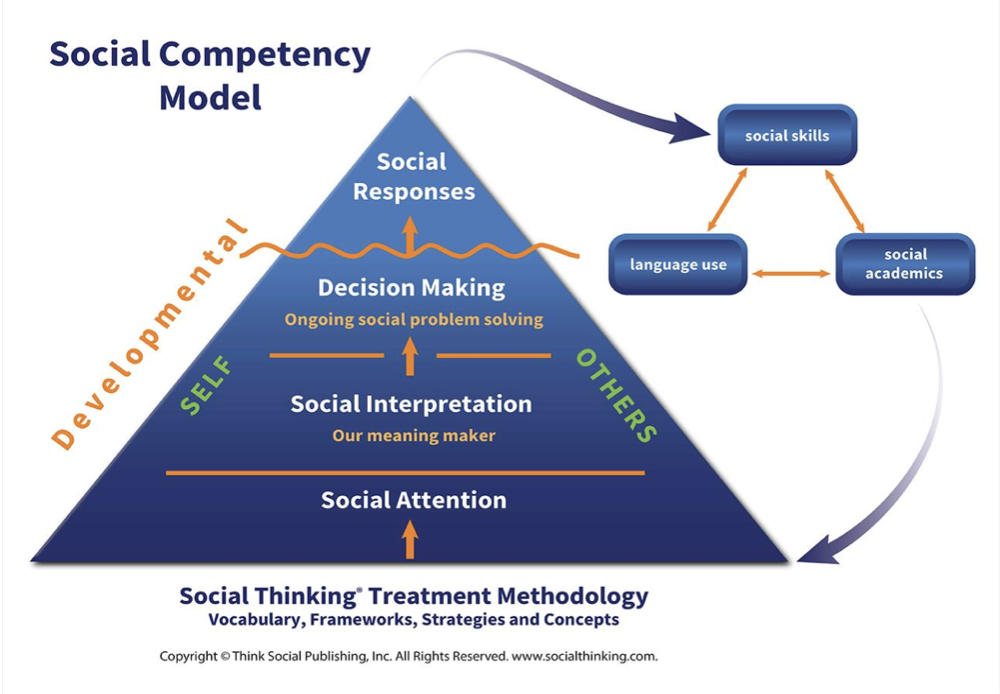 The ability to balance personal needs and wants while appropriately getting those needs met is essential. Below are some examples of social and emotional skills for toddlers and preschoolers.
The ability to balance personal needs and wants while appropriately getting those needs met is essential. Below are some examples of social and emotional skills for toddlers and preschoolers.
Social And Emotional Skills:
- Appropriately Asks For Help
- Awareness of Others' Feeling
- Begins to Understand and Follow Rules
- Cooperates
- Displays Affection to Familiar People
- Follows Directions
- Listens
- Make Friends
- Makes Eye Contact
- Positive Self-Image
- Pride In Accomplishments
- Protects Themselves
- Puts Their Feeling Into Words
- Respects Personal Space
- Shares
- Takes Turns
- Uses Manners
These social and emotional skills are the foundation of your child's acceptable social behavior.
Why Are Social Skills Important?
Ultimately, we all desire to live in a harmonious society; of course, we also want this for our children.
Social and emotional skills are imperative in helping children adapt and become comfortable in social situations.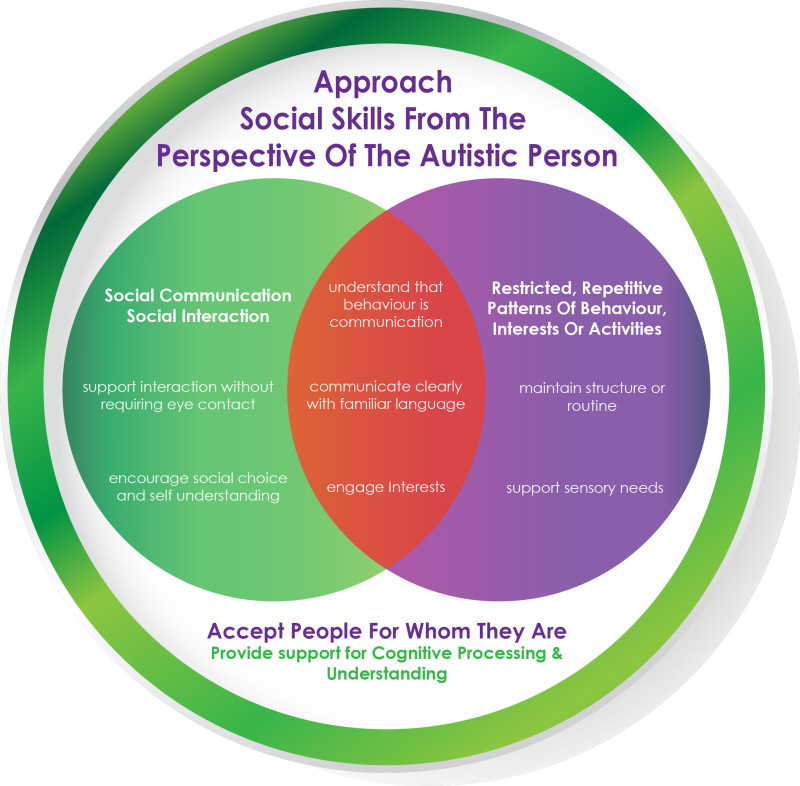 As a matter of fact, they develop feelings of pride, confidence, trust, affection, humor, and friendship. Having excellent social skills makes both getting along with others and becoming more independent easier. Friendships and peer relationships are more enjoyable and stronger, with good social skills.
As a matter of fact, they develop feelings of pride, confidence, trust, affection, humor, and friendship. Having excellent social skills makes both getting along with others and becoming more independent easier. Friendships and peer relationships are more enjoyable and stronger, with good social skills.
Many studies support the long term outcomes of developing social-emotional skills at an early age. As adults, they become better equipped to handle stress and get through tough times. However, short-term benefits are relevant too. It is not just about social acceptance and being well-behaved. Above all, it is about relationships. Childhood friendships are beneficial to mental health and allow kids to practice their social skills.
Parents play an essential role in nurturing their children's social and emotional development since children are not born with these skills. Surprisingly, teaching social and emotional skills to your child is more than just good manners. Children need to grasp how to be good listeners, make eye contact, follow directions, exhibit self-control, and not interrupt conversations. Effective teaching of social-emotional skills usually occurs when you interact and play with your child.
Effective teaching of social-emotional skills usually occurs when you interact and play with your child.
Social And Emotional Development In Early Childhood
Children grow and develop at an unbelievable rate during the first five years of life. As a parent, you are vital to developing social and emotional skills in the early years. Most importantly, your engagement models communication and interaction for your child.
For example, they watch how you respond to their emotional and social needs. Do they feel safe? Are their needs being met? Furthermore, by emulating your behavior and how you treat others, they learn empathy.
One of the easiest ways to model good social skills is to play with your child. During play, your child builds cooperation, learns self-control, and increases empathy. Developing social-emotional skills requires time and continual practice. Look for occasions where you can help kids improve their social skills, starting with the basics.
Fred Rogers of Mister Rogers' Neighborhood, was instrumental in teaching kids vital social and emotional skills that are still relevant to adults today.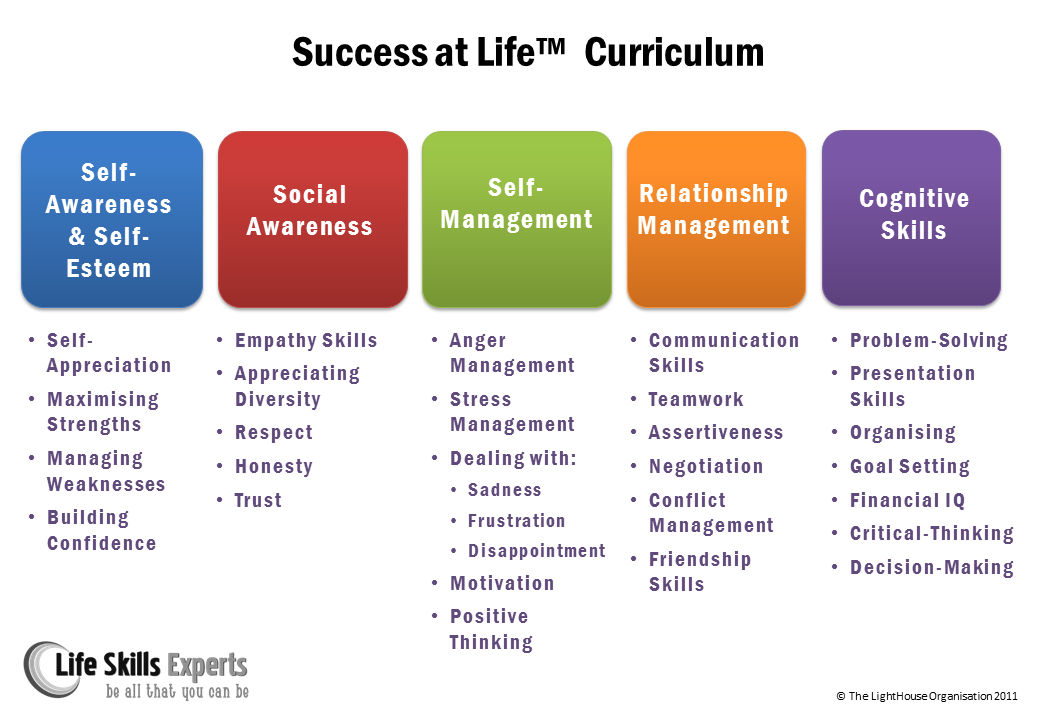
"When we can talk about our feelings, they become less overwhelming, less upsetting, and less scary." - Fred Rogers
How To Develop Social And Emotional Skills In Toddlers
Developing social-emotional skills for toddlers can be exhausting. Toddlers are still going to have temper tantrums and push the boundaries, both normal and healthy. It is how they eventually manage those feelings, match the appropriate level of emotion, and calm down. Here are some social-emotional activities for toddlers to help you develop their skills.
- Find ways to acknowledge your toddler's good behavior. Such as, when they share something with a sibling or friend. Say things like, "That was very thoughtful of you to let your sister play with your blocks."
- Use positive statements when talking to your toddler. For instance, "Please help me put away your blocks?" rather than "Go put your blocks away."
- Toddlers have BIG emotions. So, help them talk through what they are feeling and how to express those feelings.

- Include daily play in your toddler's routine. For example, if you have to go to the dry cleaners, why not allow some time to stop at the park. Also, set up playdates for interaction with other children. Play is imperative to happiness and building relationships.
Social And Emotional Development In Preschoolers
Understanding and developing social skills for preschoolers can be complicated. For example, kids have to be able to lose without a tantrum before they can be a "good sport." Or know when and how to be assertive, like if a friend is getting pushed around by other kids. Here are some social-emotional activities for preschoolers you can use to develop their skills.
- Show love using your words and physical affection to model appropriate affection with others.
- Choices are the name of the game! When possible, allowing your child to make choices is vital to developing social skills. For instance, allow them to choose whether they want the green cup or the blue cup today.
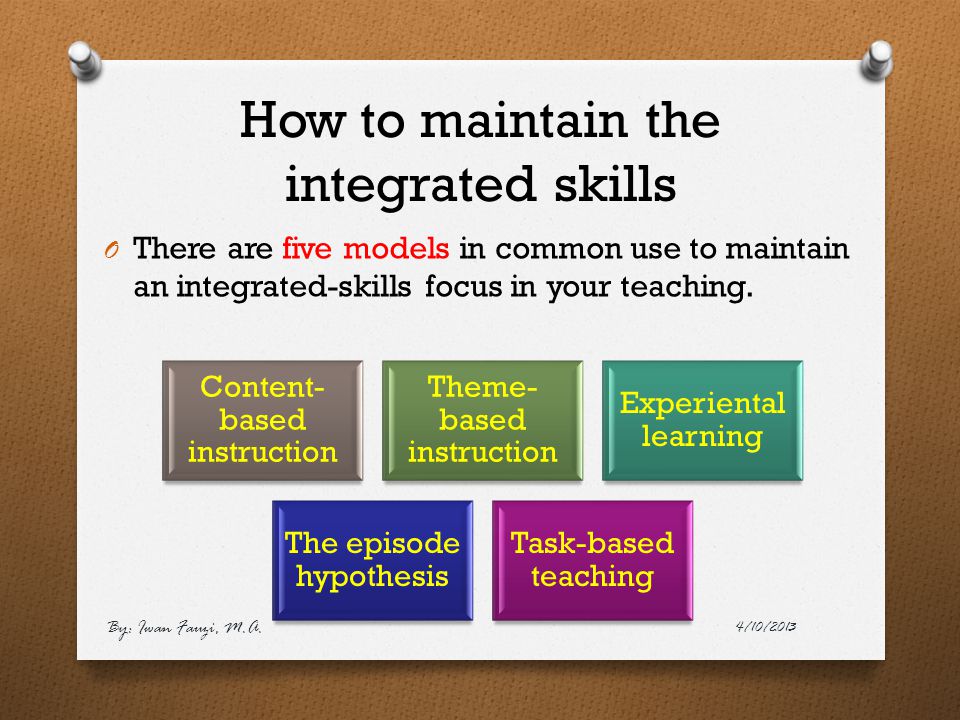 Making choices builds independence, confidence, and a healthy self-image.
Making choices builds independence, confidence, and a healthy self-image. - Engage in pretend play. It helps children practice social skills by discerning what to say in a variety of situations. For example, you could make-believe your going to get ice cream. Pretend to be the person scooping the ice cream or the cashier. Imagine what you would say. Help your child decide how to respond. This gives your preschooler real-life experiences in a safe environment.
- Preschoolers love to help! So, by giving your child some responsibilities like simple household chores, you can build prosocial skills. For instance, preschoolers can help take their dirty dishes to the sink. Or help bring in and put away the groceries.
- Demonstrate examples of trust, both with your child and other relationships.
- Use social stories to illustrate difficult social-emotional skills that may be confusing. A good example is when to be assertive and speak up to protect themselves or others.
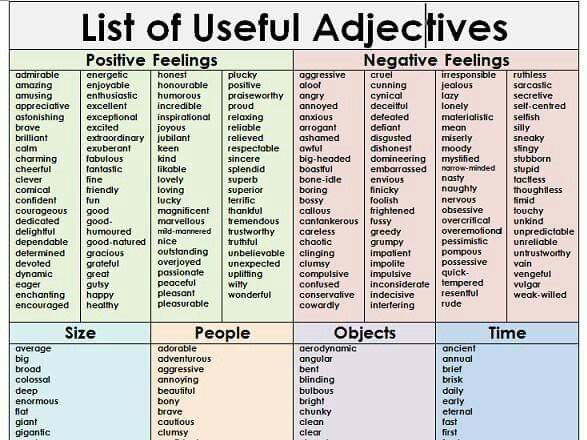
The Role Of Play In Social Development
Do you remember when preschools and traditional kindergartens had block play areas? The were always next to the play kitchen and the dress-up space. As a matter of fact, these play areas were vital to developing social and emotional skills in the early years.
Did you know that play and social-emotional development go hand and hand? As it turns out, block play supports social-emotional development and aids physical and cognitive development. Furthermore, pretend play is not only interactive but fun. It gives kids opportunities to try on different roles, preparing them for social situations.
What social-emotional skills are enhanced through play? Children come by play naturally. Children at play, they learn how to regulate their feelings and use self-control. While at the same time building self-esteem, self-confidence, and their sense of autonomy.
Play and social development help kids to express themselves and learn to make good choices.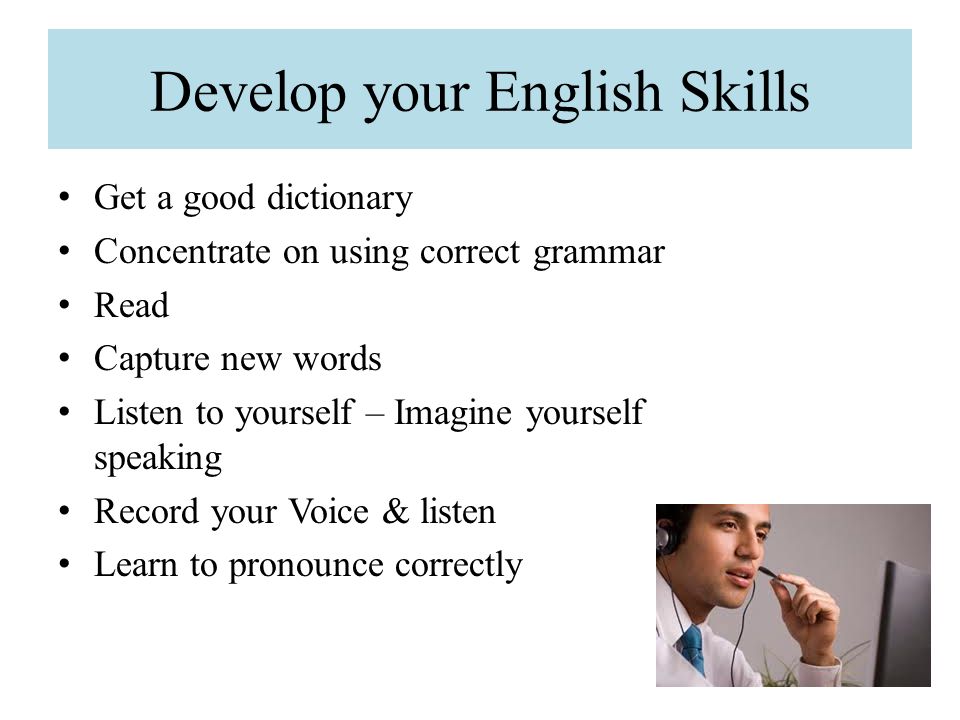 Like a moral compass, they develop character traits. For example, they learn to be respectful, trustworthy, responsible, fair, and kind.
Like a moral compass, they develop character traits. For example, they learn to be respectful, trustworthy, responsible, fair, and kind.
Social and emotional development through play should not be overlooked. Through play, children connect with others, learning to process their emotions.
"The ability to play is critical not only to being happy but also to sustaining social relationships and being a creative, innovative person." - Dr. Stuart Brown
Provide The Right Tools For Developing Social Skills
Make readily available both open-ended toys and household items. Things like wooden stacking blocks, balls, play-dough, or wooden spoons are ideal. They spark imaginative play, social play, and are essential to group play. With their no "right" way to play, they provide hours of exploration and discovery for your children. Below is a sample of some toys that promote social development.
- Wooden Toy Blocks
- Art and Crafts
- Magnetic Tiles
- Pretend Play Clothes and Props
- Giant Building Blocks
One of the first encounters a child has playing with others is block play.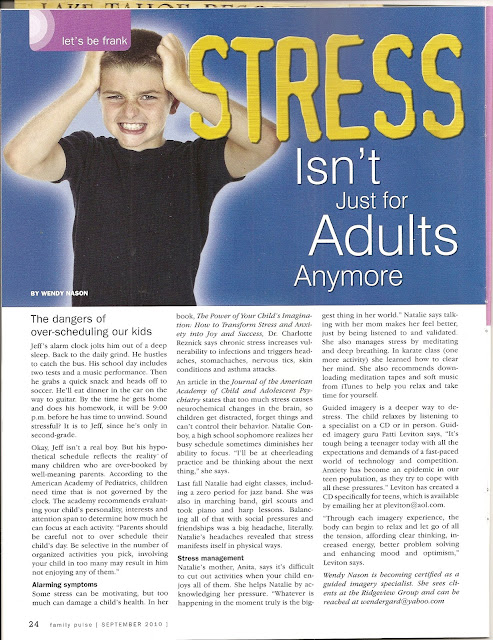 Whether they build together or alongside one another, they must share, take turns, and respect others' personal space. Additionally, working in small groups requires them to cooperate, negotiate, and compromise. For example, what if they both want the same block?
Whether they build together or alongside one another, they must share, take turns, and respect others' personal space. Additionally, working in small groups requires them to cooperate, negotiate, and compromise. For example, what if they both want the same block?
Furthermore, building a structure together requires children to work towards a common goal. What will they build? How will they make it? What is the role of each child? The collaboration will be a give and take. Sit back and watch them navigate these issues; it will be like a front-row seat at the theater!
Finally, playing games give children the experience of winning and losing, understanding rules, and playing fair.
Are Your Child's Social And Emotional Skills Progressing?
Positive social and emotional development is critical to our children's health and happiness. However, not addressed as often as their physical and cognitive development. We forget how necessary these skills are to the well-being and life-long success of our children.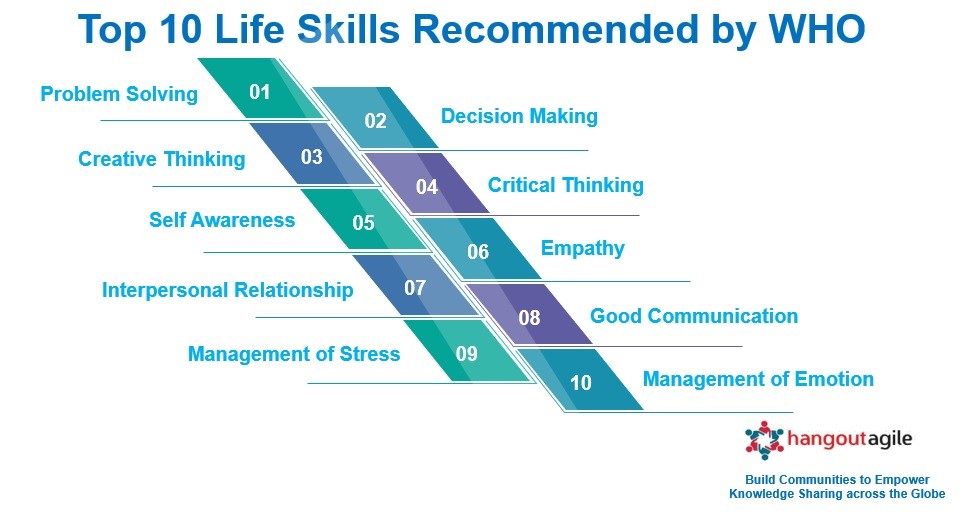 So for guidance, we have provided a list of social-emotional milestones. Try to remember, this is intended for informational purposes only. Some children may accomplish them earlier and others later. However, please contact your pediatrician if you feel your child is not progressing accordingly.
So for guidance, we have provided a list of social-emotional milestones. Try to remember, this is intended for informational purposes only. Some children may accomplish them earlier and others later. However, please contact your pediatrician if you feel your child is not progressing accordingly.
2-Year-Old Social Skills
- Awareness of Self as Separate from Other Children
- Begins to Show Defiant Behavior
- Enjoys the Company of Other Children
- Episodes of Separation Anxiety
- Expresses Anxiety or Fear
- Imitates Adults and Friends
- Increasing Independence
- Likes Pretend Play
- Plays Alongside Other Children
3-Year-Old Social Skills
- Easily Separates from Parents
- Exhibits a Wide Range of Emotions
- Focuses on Personal Needs - Appears "Selfish"
- Greater Independence
- Imitates Complex Tasks of Others
- Increasingly Inventive Fantasy Play
- Interested in New Experiences
- Likes Routines – May Get Upset with Change
- Negotiates Solutions to Problems
- Openly Shows Affection for Friends
- Shows Concern for A Crying Friend
4-Year-Old Social Skills
- Articulates Likes and Dislikes
- Cooperates with Other Children
- Enjoys New Things
- More Creative with Imaginative Play
- Often Cannot Distinguish Between Fantasy and Reality?
- Plays "Mom and "Dad"
- Prefers Play with Other Children Than Alone
- Shows More Independence
- Uses Words to Communicate Needs
- Works Through Conflicts with Others
5-Year-Old Social Skills
- Aware of Gender
- Comprehends the Difference Between "Real" and "Pretend"
- Desires to be Like Friends
- Develops Friendships - Maybe a "Best Friend.
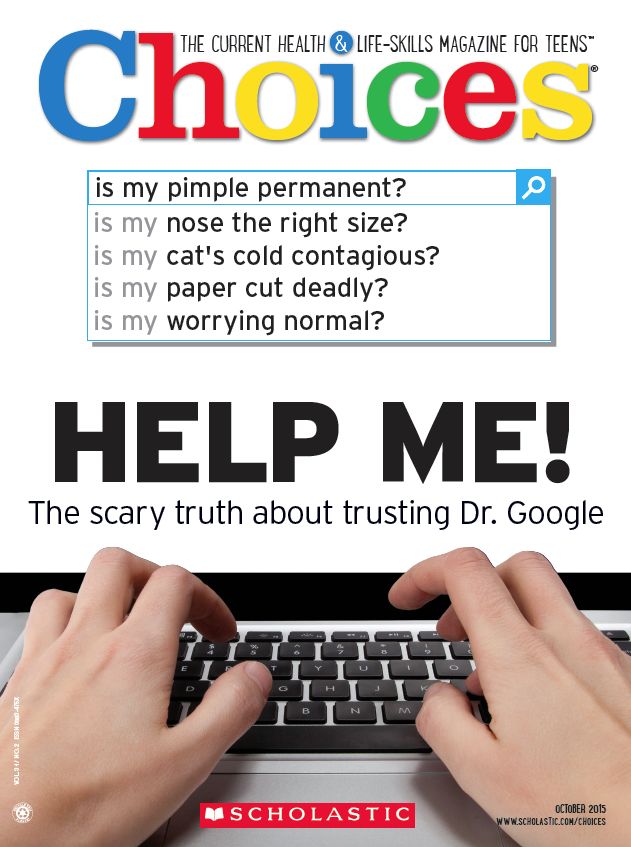 "
" - Follows the Rules More Easily
- Gender-Specific Play
- Boys are More Likely To Engage In Rough and Tumble or Physical Play
- Girls are More Likely to Engage in Social or Imaginative Play
- Likes to Dance, Sing, and Act
- Recognizes and Responds to Others' Feelings
- Sometimes Demanding and Sometimes Cooperative
- Wants to Please Friends
A child's positive relationship with caring and trusting adults is vital to successful social and emotional development. Why not grab a set of wooden building blocks, or some play-dough and start building connections!
Why Social Skills Are Key to Learning
You may be hoping your child will learn how to read and write in the first few months of preschool or kindergarten. But there are many other skills that she needs to master before an academic focus is appropriate. Studies show that the most important skills to learn in the beginning of the year are social: cooperation, self-control, confidence, independence, curiosity, empathy, and communication.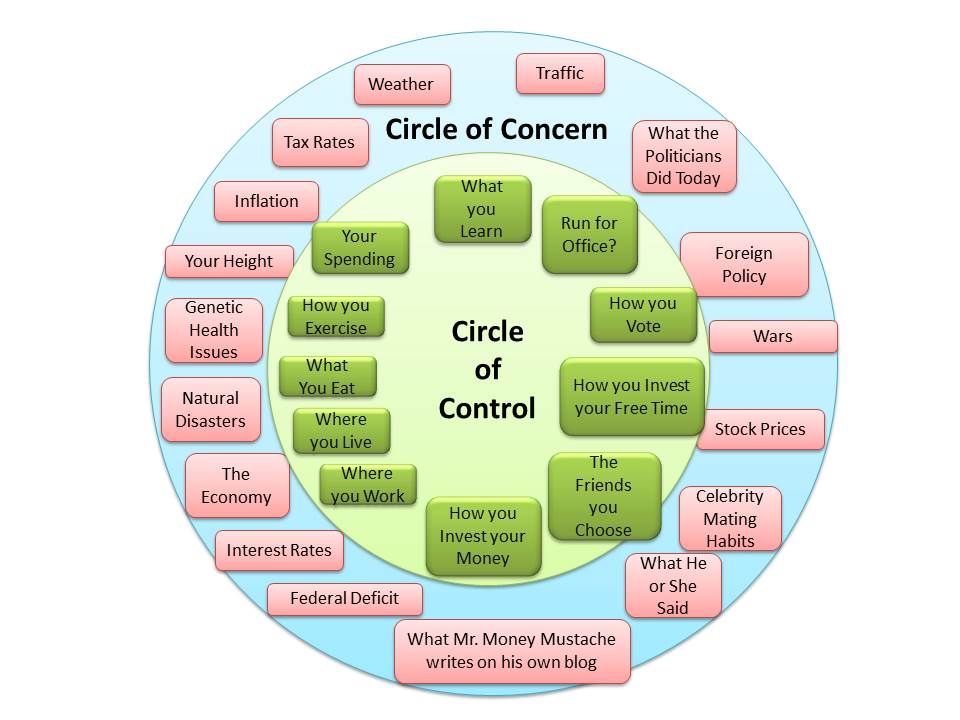
The First Basic Skills: The Four Cs
Here are a few examples of teachers' goals for the beginning of the school year. Ask your child's teacher to tell you about her objectives and her suggestions on how you can support these skills at home.
- Confidence: One of the first skills teachers focus on is the development of your child's sense of confidence or self-esteem. This means helping her feel good about who she is, both individually and in relationship to others. This is a lifelong skill that will help her feel competent now and as she continues in her schooling.
- Cooperation: Games, stories, and songs help your child learn how to work with others — no small task at this age! This teaches him how to empathize and to get along with others.
- Curiosity: Perhaps one of the most important skills she needs to develop at this stage is a true thirst for learning. Her teacher will use a wide variety of interesting materials and ideas to engage your child's natural curiosity.
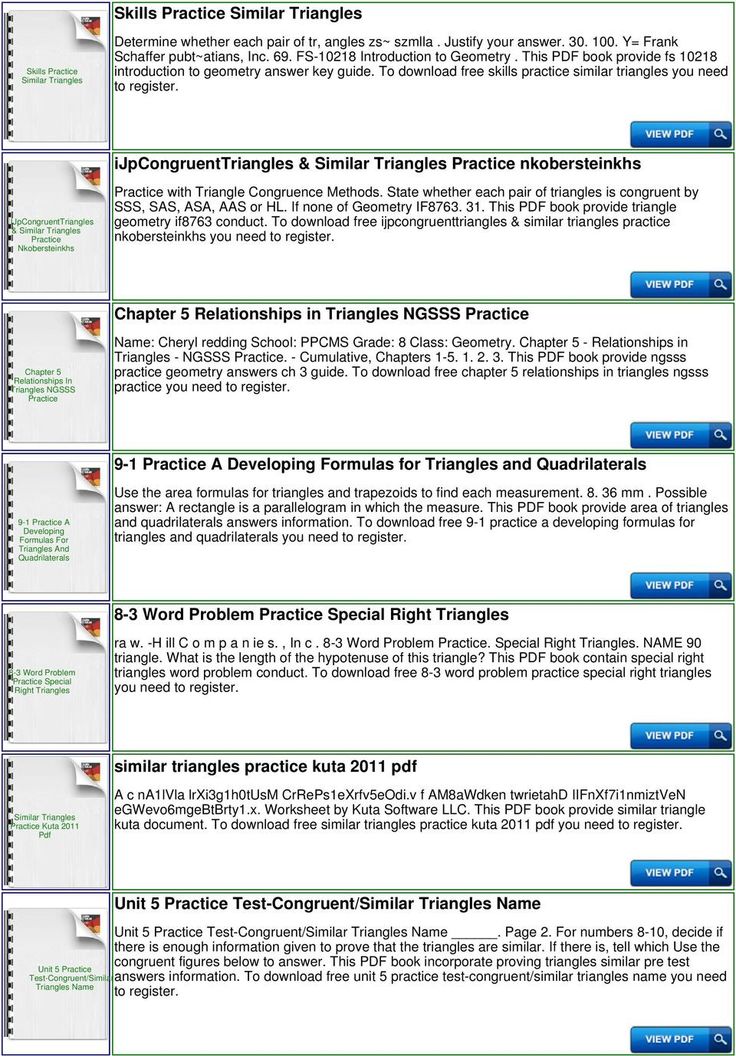
- Communication: Expressing himself and representing his ideas, feelings, and knowledge about the world is a key skill for your child. It is at the core of all reading, writing, math, and science skills.
What You Can Do
Help your child develop essential social and emotional skills by making connections with school friends at home. Ask her whom she would like to invite for a playdate. It is often easier for children to make friends in their own space, one on one, than in school. Many teachers have found that a child who is having difficulties making friends or sharing in a large group often can make a close connection to a new friend on her "home turf." This relationship can then carry over to the classroom setting. Once there is a connection to one child in the classroom, more are soon to follow!
The Importance of Play
For your young child, play is important work. He grows, learns, and investigates the world through play. This happens through complex play activities that invite him to think, problem-solve, and participate in fantasy. When your child engages in play, he has to plan, create a focus, and strive for a goal — all essential life and work skills. Your child's teacher should provide play situations throughout your child's day. She may first introduce letters and numbers through meaningful dramatic play, block-building, and literature/music experiences. So don't fret if your child comes home saying he played all day! You can be sure that with his teacher's guidance and his own innate curiosity, he was applying very important problem-solving, reading, math, and science skills right in the midst of his play.
This happens through complex play activities that invite him to think, problem-solve, and participate in fantasy. When your child engages in play, he has to plan, create a focus, and strive for a goal — all essential life and work skills. Your child's teacher should provide play situations throughout your child's day. She may first introduce letters and numbers through meaningful dramatic play, block-building, and literature/music experiences. So don't fret if your child comes home saying he played all day! You can be sure that with his teacher's guidance and his own innate curiosity, he was applying very important problem-solving, reading, math, and science skills right in the midst of his play.
The experiences your child receives in the beginning of the year provide the foundation that will enable her to become an enthusiastic lifelong learner — enthusiastic because she has discovered that learning is fun as well as meaningful.
Social skills of preschoolers - the development of social skills in children
The development of social skills is a necessary point of education.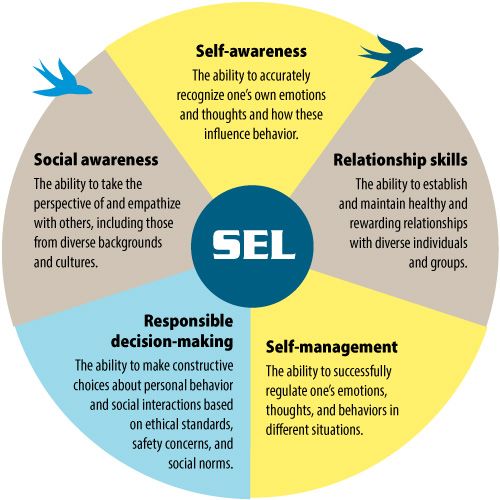 A child with a high degree of socialization will quickly get used to kindergarten, school, any new team; in the future will easily find a job. Social skills have a positive effect on interpersonal relationships - friendship, the ability to cooperate.
A child with a high degree of socialization will quickly get used to kindergarten, school, any new team; in the future will easily find a job. Social skills have a positive effect on interpersonal relationships - friendship, the ability to cooperate.
Let's figure out what social skills are.
What are social skills and why develop them? nine0007
Social skills - a group of skills, abilities that are formed during the interaction of a person with society and affect the quality of communication with people.
Man is a social being: all our talents and aspirations are realized thanks to other members of the group. Others evaluate our actions, approve or condemn our behavior. It is difficult to reach the pinnacle of self-actualization alone.
That is why social skills are important. They should be developed from early childhood and honed throughout life. nine0003
Social skills are a reflection of the child's emotional intelligence, to which educators and teachers assign an important role in the process of personality development. Without this group of skills, a smart child will not be able to apply the acquired knowledge in practice: it is not enough to create something outstanding, you need to be able to correctly convey thoughts to the public.
Without this group of skills, a smart child will not be able to apply the acquired knowledge in practice: it is not enough to create something outstanding, you need to be able to correctly convey thoughts to the public.
Sometimes people mistakenly believe that social skills relate exclusively to the topic of communication, communication. In fact, skills include many multidirectional aspects: an adequate perception of one's own individuality, the ability to empathize, work in a team, etc.
Why do we need social skills?
- Regulate the area of interpersonal relationships: the child easily makes new friends, finds like-minded people.
- Minimize psychological stress: children with developed social skills quickly adapt, do not feel sad due to changes in external circumstances.
- They form an adequate self-esteem from childhood, which positively affects life achievements and development in adulthood.
- Social skills cannot be separated from building a successful career: the best specialists must not only understand the profession, but also have high emotional intelligence.
 nine0024
nine0024
Development of social skills in a child
Social skills need to be developed from preschool age, but older children and even teenagers may well learn to interact with the world.
It is recommended to pay attention to areas of life that bring discomfort to the child, significantly complicate everyday life.
- Friends, interesting interlocutors: the kid does not know how to join the team, he prefers to sit in the corner while the others play.
- Verbal difficulties. The child does not understand the rules of conversation, is poorly versed in the formulas of etiquette (when you need to say hello, say goodbye, offer help). nine0024
- Problems with the non-verbal side of communication. Such a baby does not recognize the shades of emotions, it is difficult to understand how others relate to him. Cannot "read" faces and gestures.
- Does not know the measure in expressing a point of view: too passive or, conversely, aggressive.
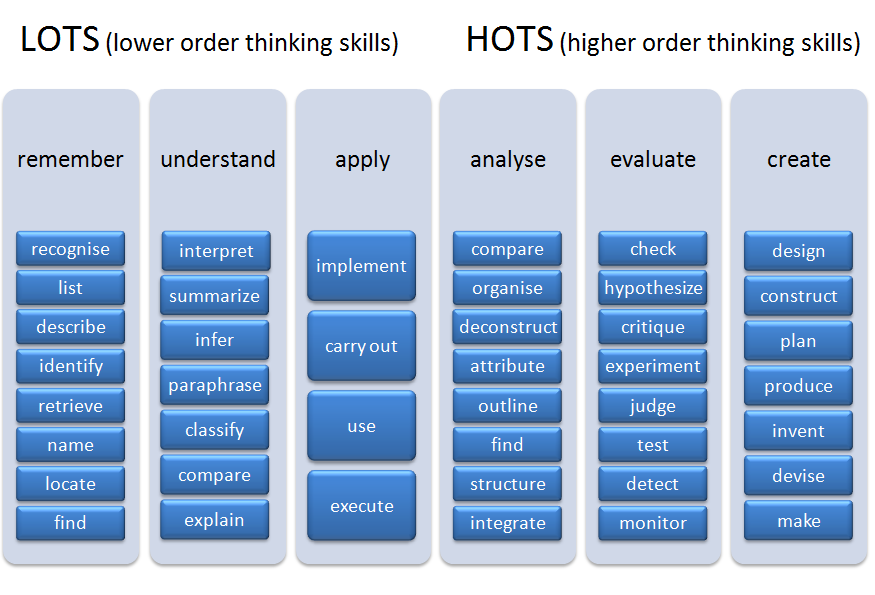
- The child bullies classmates (participates in bullying) or is a victim.
In case of severe moral trauma, one should consult a psychologist: for example, school bullying is a complex problem that children are not able to cope with on their own. The involvement of parents and teachers is required. nine0003
In other cases, family members may well be able to help the child develop social skills.
What are the general recommendations?
1. Be patient
Don't push your child to get the job done. Let them take the initiative: for example, do not rush to help during school gatherings, let the baby work on the problem on his own. The same goes for lessons and other activities.
2. Support undertakings
Children's dreams seem trifling to adults, but the initiative turns into a habit over the years and helps to discover new projects, meet people, and experiment. nine0003
3. Criticize the right way
When making negative comments, remember the golden rule of criticism: analyze the work, highlighting both positive and negative sides in a polite manner.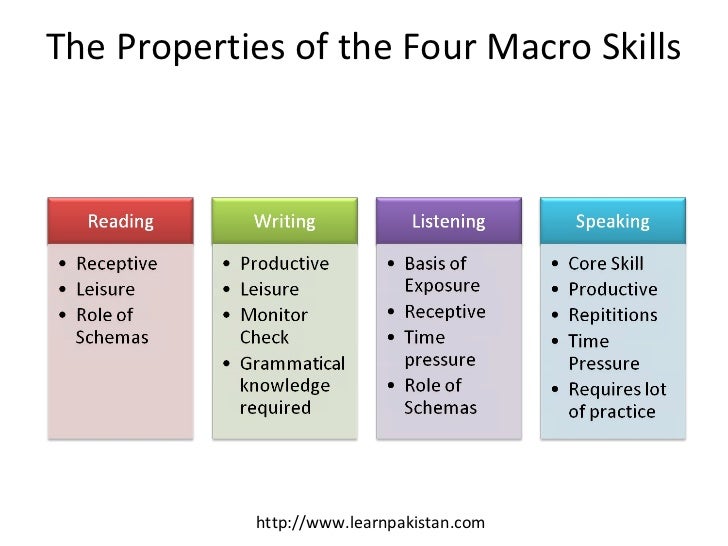 Commenting on the specific actions of the child, and not his personality or appearance - this will lead to problems with self-esteem.
Commenting on the specific actions of the child, and not his personality or appearance - this will lead to problems with self-esteem.
4. The right to choose
It is important for children to feel that their voice is taken into account and influences the course of events. Invite your child to personally choose clothes, books, cartoons. Ask about ideas, plans: “We are going to have a rest together at the weekend. What are your suggestions? nine0003
5. Personal space
Make sure that the baby has a place where he can be alone and take a break from talking. Personal things should not be touched: rearrange without prior discussion, read correspondence with friends, check pockets, etc.
Children, noticing the respectful attitude of adults, quickly begin to pay in the same coin; the atmosphere in the family becomes warm and trusting.
What social skills should be developed in a child? nine0007
Let's dwell on the main qualities and skills, the development of which is worth paying attention to.
1. The ability to ask, accept and provide help
Without the ability to ask for help, the child will deprive himself of valuable advice; the lack of the ability to accept help will lead to losses, and the inability to provide help will make the baby self-centered.
- Let the child help those in need: for example, a lagging classmate.
- Explain to your child that getting help from friends and teachers is not a shame. nine0024
- Show by personal example that mutual help enriches experience: tell how you exchange advice with colleagues, friends.
2. The ability to conduct a conversation and get the right information
Being a good conversationalist is difficult, but the skill is honed over time and brings a lot of benefits.
- Prompt your child for dialogue development options: for example, you can start a conversation with a relevant question, a request for help.
- Do not leave the child in the role of a silent listener: when discussing pressing issues at home, ask the opinion of the baby.
 nine0024
nine0024 - Support children's public speaking: presentations at school, performances, funny stories surrounded by loved ones will add confidence.
3. Empathy
Empathy is the ability to recognize the emotions of others, put yourself in the place of another person, empathize.
This ability will make the child humane, prudent. How can it be developed?
- Start by recognizing the child's feelings - it is useless to listen to people if the person does not feel personal experiences. Ask your baby: “How do you feel after a quarrel with friends?”, “Do you want to relax today?” nine0024
- After conflicts with classmates, ask your child how the children with whom the quarrel may feel now.
- While watching cartoons, reading books, pay your child's attention to the emotional state of the characters.
4. Ability to work in a team
Many children can easily cope with tasks alone, but this is not a reason to refuse to work in a team. It gives the opportunity to exchange ideas and experience, delegate tasks, achieve goals faster and more efficiently. nine0003
It gives the opportunity to exchange ideas and experience, delegate tasks, achieve goals faster and more efficiently. nine0003
- If the child does not communicate with members of the team, try to introduce him to another social group: for example, the lack of communication with classmates can be compensated by a circle of interests, where the child will feel calmer.
- Make the family a friendly team in which the child has his own "duties": for example, do housework, remind parents of upcoming events. Any activity related to the well-being of other family members will do. nine0097
- Respect the child's personal boundaries: do not enter the nursery unannounced, do not rummage through personal belongings and correspondence, if the matter does not concern the life and safety of the baby.

- If the child violates other people's boundaries (takes toys without permission, asks uncomfortable questions), talk about it in private.
- Discuss problems that arise calmly, without raising your voice. Do not put pressure on the child with parental authority unnecessarily: the child is a separate person who has the right to an opinion.
- Do not judge people for views that differ from those of your family but do not affect your well-being. Show your child that the world is very different. nine0024
- You can demonstrate to children the basics of a civilized dispute, explain what arguments are, etc. It is advisable to teach this child in kindergarten.
- Praise your child for personal progress: to receive a compliment from parents, it is not necessary to win prizes in school competitions. The zeal of the baby, the interest shown and the stamina also deserve praise.
- Explain, remind the children that initially they are worthy of respect and love, like all people around. nine0024
- ✓ Be a good listener, try to listen to the "hidden" signals that the interlocutor gives with body language, gestures and intonation. nine0024
- ✓ Treat others as you would like to be treated.
- ✓ Before you criticize or condemn someone, try to imagine how you would behave in a similar situation.
- ✓ Take time to get to know your coworkers. Difficulties in cooperation often arise when people do not know each other well, and because of this they do not want to ask for help. Maybe it's time to go to lunch together?
- ✓ Be receptive to the ideas of others and listen carefully to suggestions from colleagues. If you stick to a negative position in everything, others are unlikely to want to deal with you. nine0024
- ✓ If someone helped you, help them next time as well, as cooperation is largely based on mutual assistance.
- ✓ Avoid unnecessary words and try not to deviate from the main topic on which you want to speak.
- ✓ Try to speak as simply and clearly as possible so that everyone understands you. There is nothing wrong with knowing foreign words, terms and jargon, but the more you use them in your speech, the higher the likelihood that some of your listeners (or readers) will not fully understand your idea. will be able. nine0024
- ✓ If you have to speak in front of an audience, maintain eye contact with the audience—and keep your tone of voice so that those far away from you don't have to guess what you're talking about.
- ✓ Don't dwell on the negative. Remember that every profession has its own shortcomings and problems that you have to face - but this does not mean that they need to be given all your attention every time.
- ✓ Try to stick together with colleagues who, in your opinion, have a positive attitude: good begets good.
- ✓ If you make a mistake, or if something does not work out, do not scold yourself, do not attract gloomy thoughts. Instead, try to understand exactly where the mistake was made, and do not blame yourself for all the possible troubles. nine0024
5. Respect for personal boundaries
The absence of an obsessive desire to interfere in other people's lives is a valuable skill that helps to win people's sympathy.
6. Ability to overcome conflict situations
It is difficult to imagine our life without conflicts. The task of the child is to learn how to culturally enter into a discussion, defend his point of view, and not be led by the provocations of his interlocutors.
7.
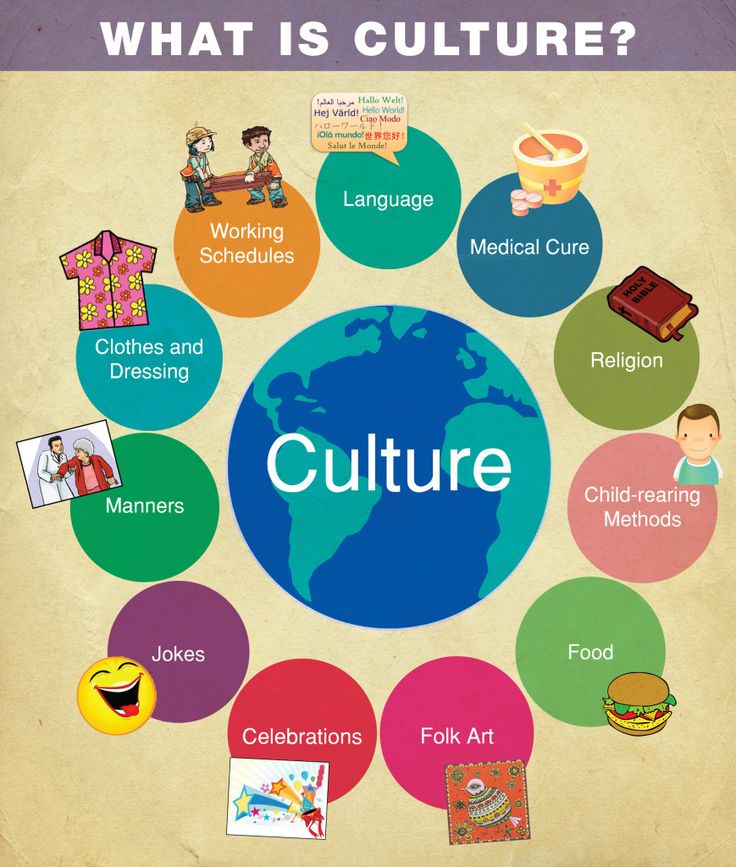 Self-confidence
Self-confidence Stable and adequate self-esteem is a quality that not all adults possess.
It is formed under the influence of many factors: relationships between parents, the role of the child in the family circle, the characteristics of the environment that surrounded the child in early childhood.
It is important that the child does not grow up to be either a narcissistic narcissist with fragile self-esteem, or an overly shy person. How can you help your child find balance?
Social skills will help in many areas of life: in studies, hobbies, friendships, building a reputation in a team. The main thing is to encourage and support children at all stages.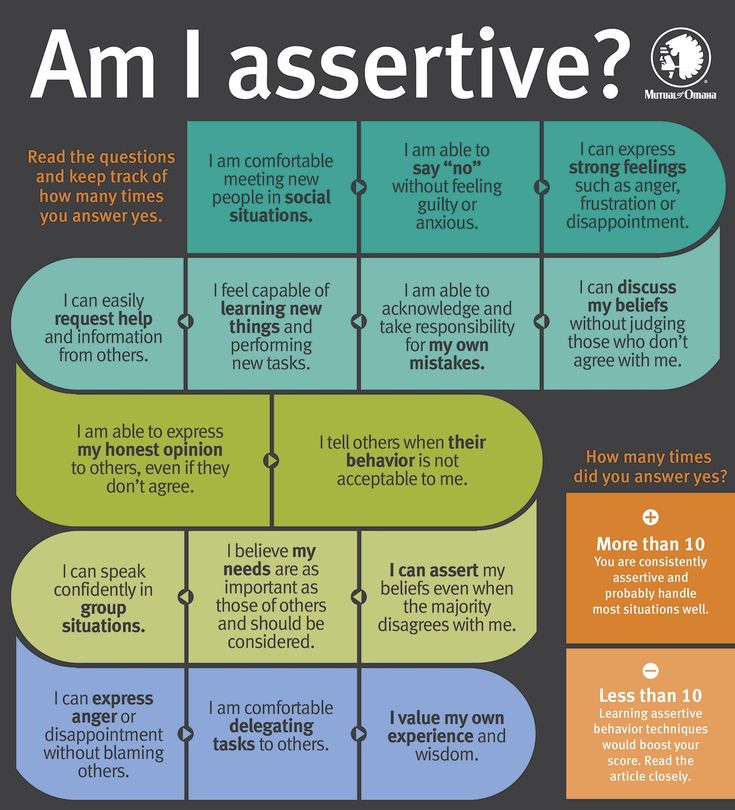
Emotional intelligence for children
Introducing children to the types of emotions, how to manage them and how to express themselves in teamwork, through situational games
learn more
5 important social skills | CVMarket.lv
Every day at work we come across a variety of people, and not only their positions, but also their characters are different - therefore, by the end of the working day, the winner is the one who finds a common language with everyone. Social skills help you maintain respectful and sustainable relationships with others, moreover: according to research, good social skills can help you get a long-awaited promotion and earn approval among colleagues. In this article, we will talk about the social skills that every employer values \u200b\u200band advise on how to develop them in yourself. nine0003
Empathy - the ability to understand another person's emotions
If you have empathy, you can put yourself in the other person's shoes and understand what they feel and think. Empathy is useful where it is necessary to reach an agreement, find a compromise or resolve a conflict situation: if you understand the motives of another person, it will be easier for you to find a solution that will satisfy both parties.
Empathy is useful where it is necessary to reach an agreement, find a compromise or resolve a conflict situation: if you understand the motives of another person, it will be easier for you to find a solution that will satisfy both parties.
How to develop this skill:
Collaboration
Although each of your colleagues may have their own personal goals, your enterprise or team has a common goal - to help the enterprise to make a profit. Without the support of workers, achieving this goal will be very difficult - if not impossible. Being collaborative means knowing when to ask colleagues for help or assign tasks to them, and how to work effectively in a team.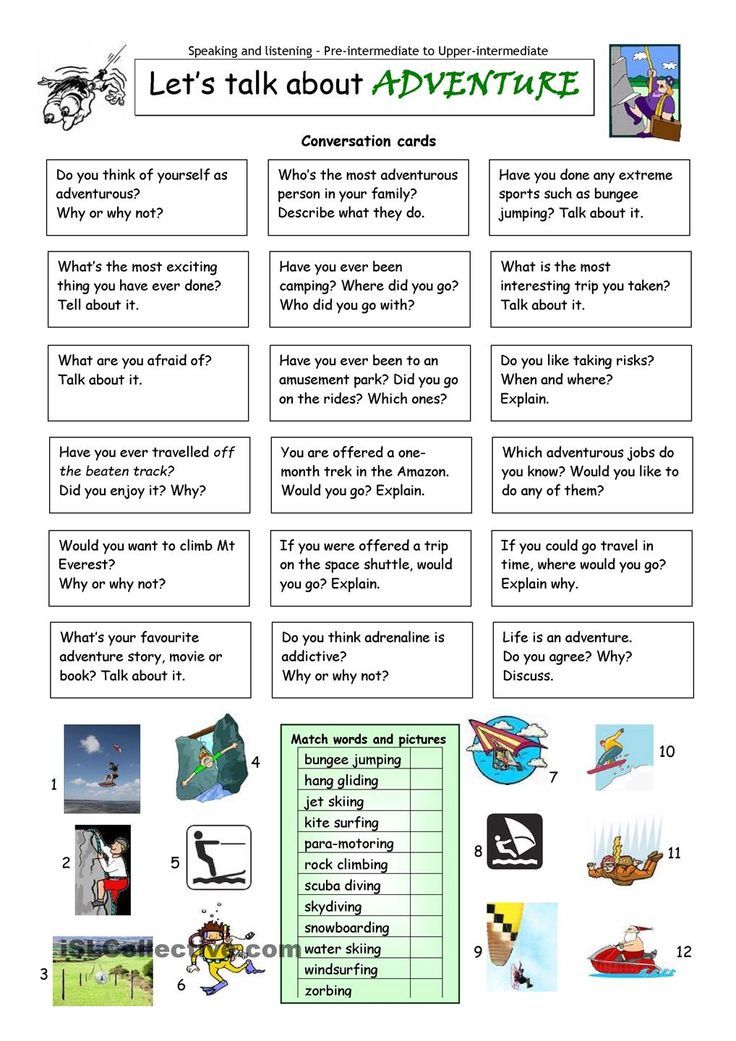 nine0003
nine0003
How to develop this skill:
The ability to speak clearly, both orally and in writing
Communication is an integral part of everyday life, and it is very important to speak in a way that others understand you. A significant part of misunderstandings and conflict situations arise precisely because of ineffective communication, when something is kept silent or is not spoken clearly enough.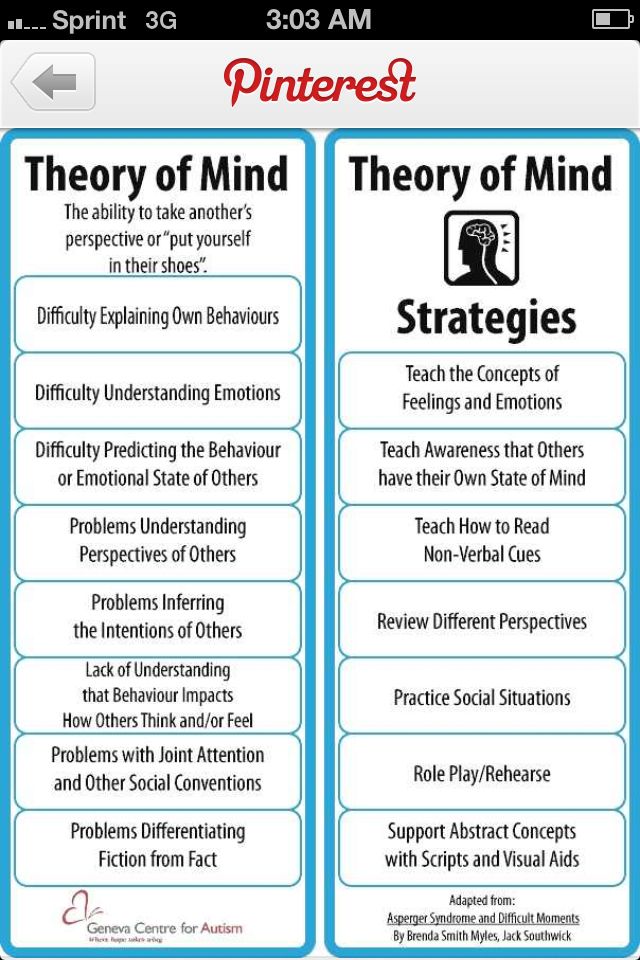 To avoid such situations, the best strategy is to be direct in your statements, taking into account due courtesy and respect for the interlocutor. nine0003
To avoid such situations, the best strategy is to be direct in your statements, taking into account due courtesy and respect for the interlocutor. nine0003
How to develop this skill:
Positive attitude
Having a positive attitude does not mean that you should not feel upset or dissatisfied. “Positive attitude” means that you avoid criticism, complaints and negativity even in unpleasant situations, and instead look for solutions, express your opinion constructively and without reproach.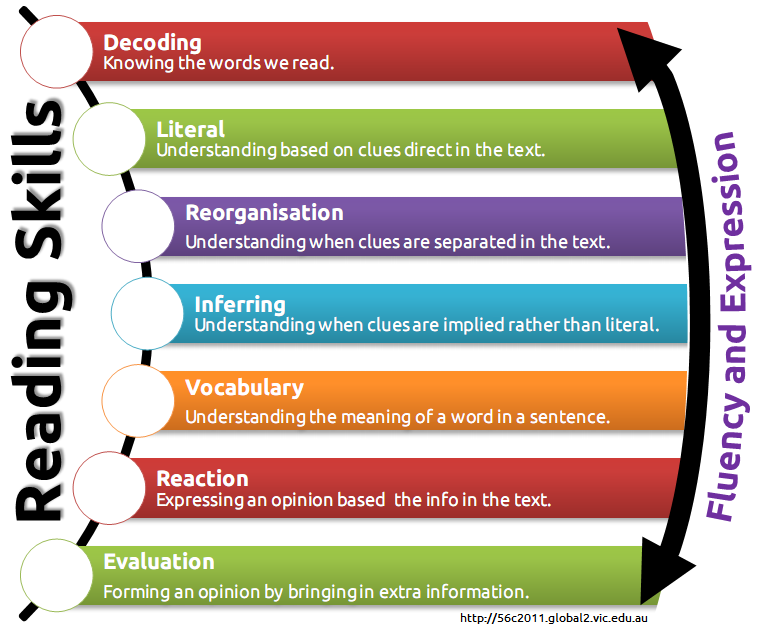 If you maintain a positive attitude, it will be easier for you to cope with stress, which, in turn, will make it easier to develop good relationships with colleagues. nine0003
If you maintain a positive attitude, it will be easier for you to cope with stress, which, in turn, will make it easier to develop good relationships with colleagues. nine0003
How to develop this skill:
Showing respect
If you respect your colleagues, they respect you. The easiest way to show (and eventually earn) respect is to be polite, maintain good manners both at work and in mutual communication.